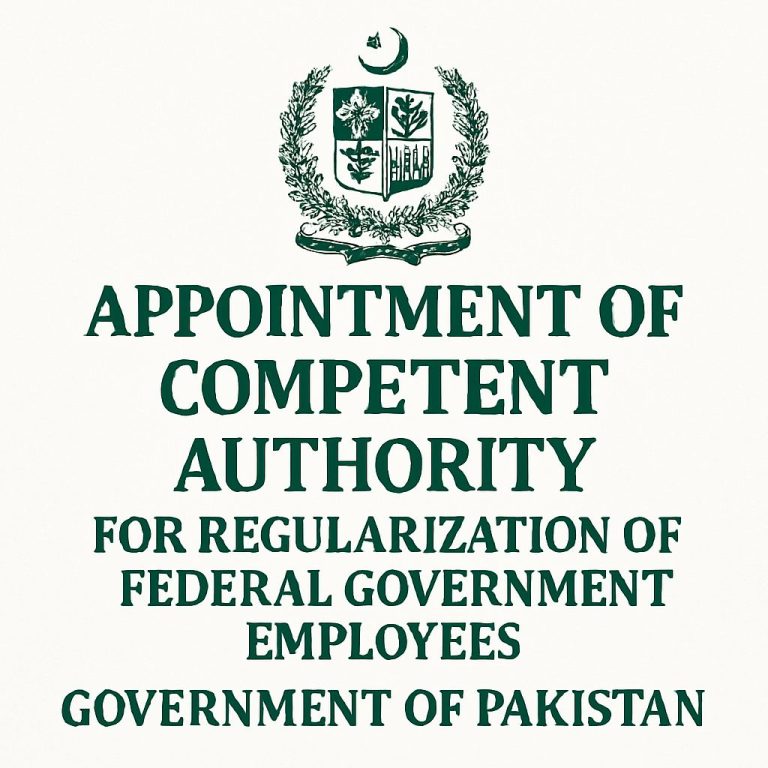
As we move toward 2025, the gig economy continues to expand, offering new opportunities for freelancers and independent workers across the globe. The rise of digital platforms, remote work, and a shift in societal attitudes toward freelancing are reshaping the landscape of work. However, while the gig economy presents significant opportunities, it also comes with its own set of challenges. In this article, we will explore both the opportunities and challenges freelancers will face in the gig economy in 2025.
1. The Rise of Remote and Flexible Work
One of the most significant shifts in the gig economy is the rise of remote work. In 2025, freelancing will no longer be limited to specific industries or geographical locations. With advancements in technology, freelancers will be able to offer their services to companies and clients from anywhere in the world. The ongoing development of digital communication tools, project management platforms, and cloud-based technologies will make collaboration and communication seamless, even for workers scattered across different time zones.
As remote work becomes the norm, freelancers will have more flexibility and control over their work-life balance. This flexibility can be a significant benefit for many, allowing them to choose projects that align with their interests and work from locations that best suit their lifestyle. However, it also means that freelancers will face increased competition from talent pools worldwide. To stay competitive, freelancers will need to continuously develop their skills and adapt to the changing demands of the global market.
2. New Opportunities in Digital and Tech Sectors
The demand for freelancers in the tech and digital sectors is expected to increase in 2025. As businesses continue to embrace digital transformation, there will be a growing need for freelance professionals in fields such as software development, digital marketing, web design, and data analysis. Additionally, with the rise of emerging technologies like AI, blockchain, and virtual reality, new opportunities will arise for freelancers with expertise in these areas.
Freelancers in 2025 will be able to tap into new niches, offering specialized services that were not available a decade ago. With more businesses adopting cloud computing, automation, and AI-powered tools, there will be a need for freelancers who can implement, manage, and optimize these technologies. Freelancers with skills in tech-driven sectors will have the opportunity to command higher rates and work with cutting-edge projects, positioning themselves at the forefront of the digital economy.

3. The Gig Economy’s Global Nature
The gig economy in 2025 will be increasingly global. With freelancers operating remotely from different parts of the world, opportunities for cross-border collaborations will increase. For freelancers, this offers a chance to work with clients and companies that they might not have had access to in the past. Global marketplaces like Upwork, Fiverr, and Freelancer.com will continue to expand, creating a larger pool of potential clients and projects.
However, freelancing on a global scale also introduces new challenges. Freelancers will need to navigate different legal systems, tax codes, and currency exchanges when working with international clients. There is also the issue of communication barriers, as working with clients from different cultural backgrounds can lead to misunderstandings and delays. Freelancers will need to be culturally aware and prepared to adapt to the diverse needs of their global clients.
4. The Impact of Automation and AI
While automation and AI open up new opportunities for freelancers, they also pose potential challenges. AI is increasingly being used to automate tasks that were once performed by humans, such as content creation, customer support, and data analysis. As AI-powered tools become more sophisticated, some freelance jobs may be replaced by automation.
Freelancers who rely on routine or repetitive tasks may find themselves competing with AI-powered platforms that can complete these jobs more quickly and at a lower cost. However, this doesn’t mean that freelancing is in danger. Instead, freelancers will need to focus on providing value that AI cannot replicate—such as creativity, emotional intelligence, and complex problem-solving. Those who can leverage AI tools to enhance their work rather than compete against them will have a significant advantage in the future gig economy.
5. The Challenge of Job Security and Benefits
One of the most significant challenges for freelancers in the gig economy is the lack of job security and benefits that traditional employees receive. In 2025, while the gig economy will continue to grow, freelancers will still face uncertainty regarding healthcare, retirement savings, and job stability.
Freelancers in 2025 will need to become more financially savvy, managing their income streams, saving for retirement, and seeking out independent health insurance options. As freelancing becomes a more permanent career choice for many, it is likely that policies will evolve to address the needs of this growing workforce. Some governments and organizations are already working to provide better benefits for freelancers, but for now, the responsibility of securing benefits remains with the individual.

6. Building a Personal Brand and Networking
In a competitive gig economy, freelancers will need to focus on building their personal brand and networking effectively. By establishing a strong online presence, freelancers can differentiate themselves from the competition and attract high-quality clients. This can be done through platforms like LinkedIn, personal websites, and portfolio sites that showcase their expertise and past work.
Networking will also be critical for freelancers in 2025. Building relationships with clients, other freelancers, and industry professionals will help create opportunities for referrals, collaborations, and partnerships. By nurturing their network and leveraging their reputation, freelancers can position themselves for success in a competitive market.
Conclusion
The gig economy in 2025 is filled with both challenges and opportunities. With the rise of remote work, new opportunities in tech sectors, and a global marketplace for freelance services, there are plenty of avenues for freelancers to explore. However, freelancers will also need to adapt to the challenges of automation, job security, and competition from a global talent pool.
Freelancers who can stay flexible, continuously develop their skills, and build a strong personal brand will be well-positioned to thrive in the evolving gig economy. By leveraging the opportunities and addressing the challenges head-on, freelancers can carve out successful careers in the dynamic world of work.






